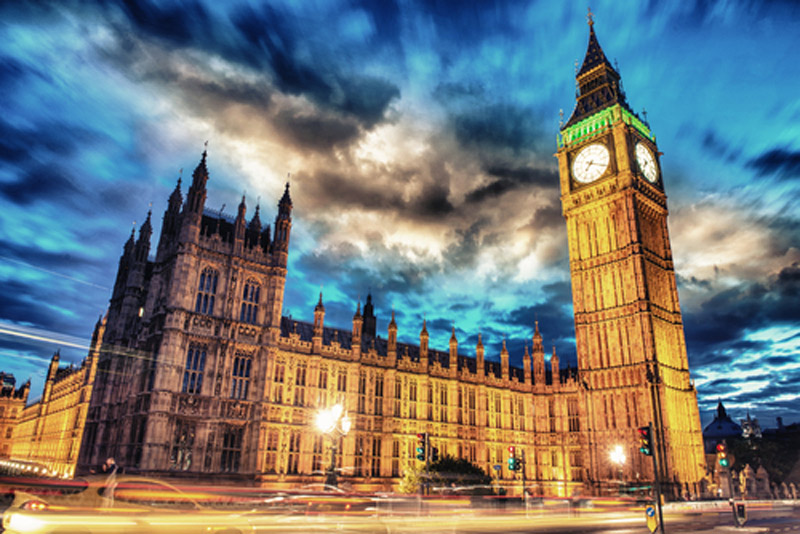

MPs have called for a tax on social media companies as part of new regulations that would aim to curb an “online Wild West” environment that is having a harmful effect on society.
The recommendations from the All Party Parliamentary Group (APPG) on Social Media and Young People’s Mental Health and Wellbeing come one month after the results of Parliament’s inquiry into online disinformation, which also called for stricter regulation of social media firms.
The conclusion of Parliament’s one-year probe into social media and mental health comes as the government prepares to publish its own proposals on social media regulation.
The group’s report recommended creating a Social Media Health Alliance that would be funded by a 0.5 percent tax on social media firms’ profits, establishing a duty of care on social media firms with registered UK users aged 24 and under, and reviewing whether to class social media addiction as a disease.
The report acknowledged that social media firms are making efforts to address the mental health implications of their services, something pointed out by companies such as Facebook during the inquiry.
“For far too long social media companies have been allowed to operate in an online ‘Wild West'”, said Chris Elmore MP, chair of the all-party group. “And it is in this lawless landscape that our children currently work and play online. This cannot continue.”
The government said in a statement that it is preparing a white paper that is to set out the responsibilities of online platforms.
“An internet regulator, statutory ‘duty of care’ on platforms, and a levy on social media companies are all measures we are considering as part of our work,” the government stated.
The study is the latest sign of a tightening regulatory environment is on the way for social media companies including Facebook and Twitter.
It comes one year on from the disclosures that led to the scandal around political consultancy Cambridge Analytica, which allegedly used data collected on tens of millions of Facebook users for campaign purposes in the 2016 US presidential elections.
That scandal is ongoing, with the Observer on Sunday publishing fresh allegations that Facebook knew of Cambridge Analytica’s activities as early as the summer of 2016, far earlier than the company has ever admitted.
Marc Andreessen, the Facebook board member who allegedly hosted a meeting with Cambridge Analytica whistleblower Christopher Wylie, denied the allegations.
Facebook has been hit by other challenges as well, including criticism over the spread across its network of live footage of last Friday’s shootings in New Zealand, and the departure of senior executives over plans to integrate the back-end infrastructure of its Facebook Messenger, WhatsApp and Instagram messaging tools.
Last month’s report from Parliament’s Digital, Culture, Media and Sport Committee (DCMS) recommended that social media firms be bound by a mandatory code of conduct that would be enforced by an independent regulator.
So long Skype, as Microsoft confirms retirement of former VoIP giant, in favour of its…
Plan to reduce the number of Openreach's legacy telephone exchanges is updated, with closure process…
'Buyouts' offered to staff in Google's human relations unit in US, after reported layoffs in…
Scale of ransomware threat confirmed in new report from BlackFog, as attacks reached record-levels in…
Fix and apology from Meta Platforms, after users report violent, graphic videos in their Instagram…
Amazon Web Services says new quantum computing chip Ocelot is a breakthrough in building fault-tolerant…